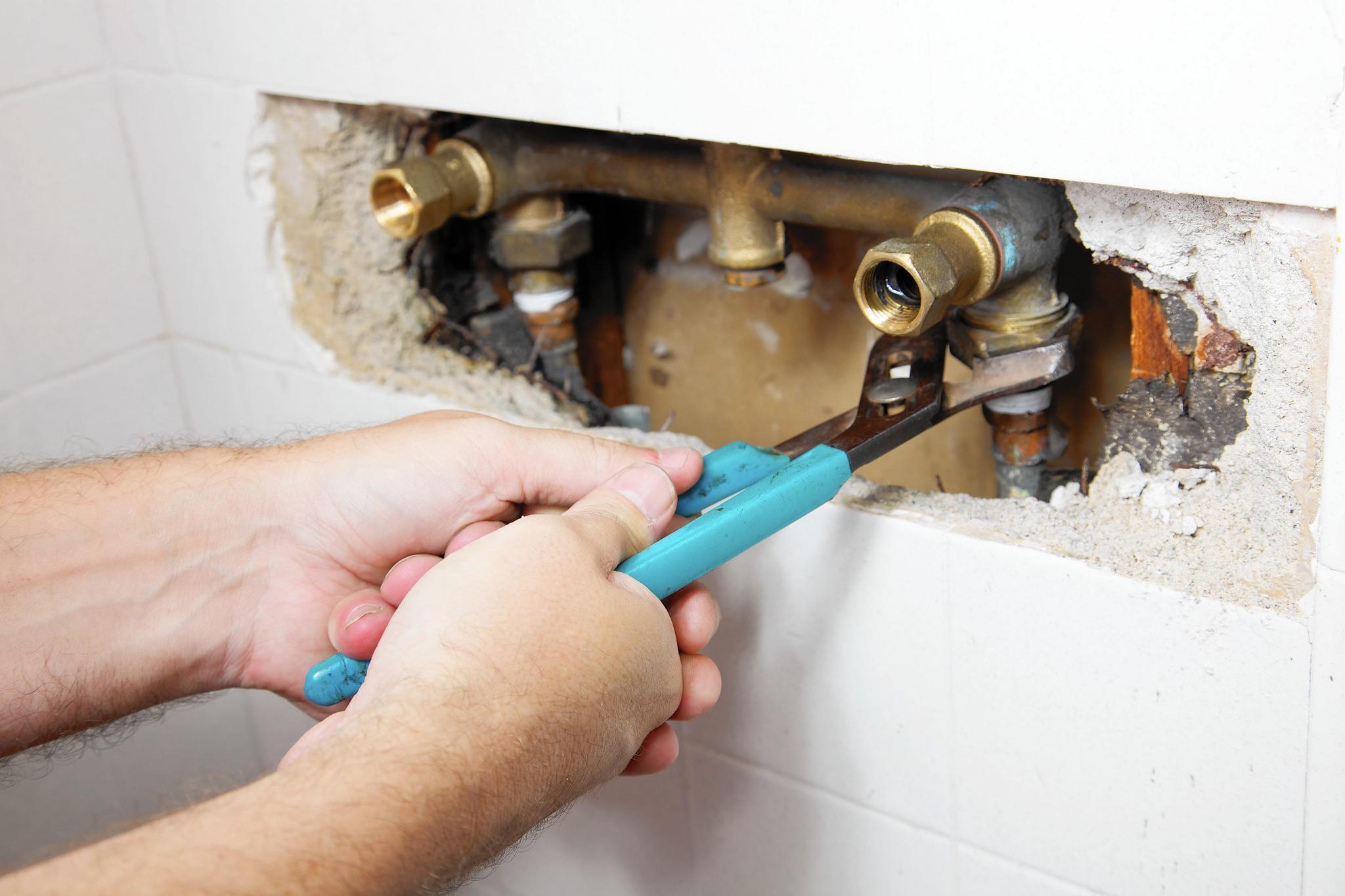

Articles
Who Is Responsible For Plumbing In A Condo
Modified: December 7, 2023
Discover who is responsible for plumbing in a condo with our insightful articles. Gain valuable knowledge about condo plumbing maintenance, repairs, and the role of homeowners' associations.
(Many of the links in this article redirect to a specific reviewed product. Your purchase of these products through affiliate links helps to generate commission for Storables.com, at no extra cost. Learn more)
Introduction
Welcome to the world of condominium living! A condominium, commonly referred to as a condo, offers a unique residential experience that combines the benefits of owning a home with the convenience of shared amenities and maintenance responsibilities. When it comes to plumbing in a condo, determining who is responsible for its maintenance and repairs can be a bit of a complex issue.
Plumbing in a condo refers to the intricate system of pipes, fixtures, and drains that provide water supply, heating, and drainage to each individual unit. It plays a crucial role in ensuring that residents can enjoy basic necessities such as clean water, functioning showers, and functional toilets. Therefore, it is important to understand the nuances of condo ownership and the division of responsibilities when it comes to plumbing maintenance and repairs.
A condo is a form of shared ownership, where each unit owner has their own individual space within a larger building or community. While individual units are privately owned, certain areas and systems within the condo are considered common elements and are collectively owned and maintained by all unit owners. This includes the building’s structure, common areas such as hallways and lobbies, and shared systems like plumbing and electrical.
The responsibility for plumbing maintenance and repairs in a condo is typically divided between the condo association and individual unit owners. The exact division of responsibility may vary depending on the bylaws, declarations, and regulations of the specific condo association, as well as the jurisdiction in which the condo is located.
Key Takeaways:
- Clear communication and adherence to governing documents are essential for maintaining a harmonious plumbing system in condominiums. Understanding the division of responsibilities between condo associations and individual unit owners is crucial for preventing disputes.
- Regular review and updates of plumbing bylaws and declarations promote transparency and adaptability, ensuring a well-functioning plumbing system and preventing misunderstandings. Cooperation and adherence to guidelines benefit the entire condominium community.
Definition of Condo Plumbing
Condo plumbing refers to the entire network of pipes, fixtures, valves, and drains that are installed within a condominium building to supply water, facilitate heating and cooling systems, and ensure proper drainage and wastewater disposal.
The plumbing system in a condo is responsible for providing clean water for drinking, cooking, and washing, as well as managing the disposal of wastewater. It includes various components such as water supply lines, drainage pipes, faucets, toilets, showers, bathtubs, sinks, water heaters, and sewage systems.
Condo plumbing systems are designed to meet the needs of multiple individual units within the building. Water supply lines branch out from the main water source and supply water to each unit via a network of pipes. Similarly, drainage pipes route wastewater from each unit to a central sewage system or septic tank.
In addition to water supply and drainage, condo plumbing systems may also include components for heating, cooling, and water conservation. This can involve the installation of boilers, radiators, air conditioning units, water-saving fixtures, and even smart plumbing technology to monitor and optimize water usage within the building.
It is important to note that condo plumbing is interconnected, meaning that issues in one unit can potentially affect the entire system. A leaky pipe or a clogged drain in one unit can cause water damage or impact water pressure for neighboring units. Therefore, regular maintenance and prompt repairs are essential to ensure the smooth functioning and longevity of the plumbing system in a condo.
Understanding Condo Ownership
Before delving into the responsibilities associated with condo plumbing, it’s crucial to have a clear understanding of condo ownership. Unlike traditional single-family homes or apartments, condominiums offer a unique form of property ownership that combines individual ownership with shared responsibilities.
In a condominium, individual unit owners have exclusive ownership and control over their individual units, which typically consist of their living space, such as a condo apartment or townhouse. These units are considered private property, and owners have the right to decorate, modify, and sell their units as they see fit, within the bounds of the condominium association’s rules and regulations.
At the same time, condo owners also share ownership of common areas and facilities within the condominium complex. Common areas may include entryways, hallways, elevators, parking lots, swimming pools, gyms, and of course, the plumbing system. These shared spaces and amenities are collectively owned by all unit owners and are managed by a governing body called the condo association or Homeowners Association (HOA).
The condo association is responsible for managing and maintaining the common elements of the condominium complex, including the plumbing system. They collect monthly or annual fees, known as condo fees or assessments, from all unit owners to cover the costs of maintaining and repairing common areas, as well as maintaining reserves for future expenses.
Condo ownership typically comes with certain rights and obligations. Unit owners have the right to use and enjoy the common areas and facilities according to the rules established by the condo association. They also have the right to participate in decision-making processes and governance of the condo community through voting and attending association meetings.
On the other hand, condo owners are responsible for adhering to the association’s rules and regulations and contributing to the maintenance and upkeep of the common areas. This includes paying condo fees, following community guidelines, and taking care of their individual units within the condominium complex.
Understanding the balance between individual ownership and shared responsibilities is key to navigating the complexities of condo plumbing maintenance and repairs. Now let’s explore the division of responsibility for plumbing in a condo between the condo association and individual unit owners.
Responsibility for Plumbing Maintenance and Repairs in Condos
When it comes to plumbing maintenance and repairs in condos, the responsibility is typically divided between the condo association and individual unit owners. Understanding this division is essential for both maintaining a well-functioning plumbing system and preventing disputes among residents.
The exact division of responsibility can vary from one condominium complex to another, depending on the specific bylaws, declarations, and regulations set forth by the condo association. However, the following are general guidelines that can help provide a clearer understanding of who is responsible for what:
Condo Association’s Responsibility for Plumbing: In most cases, the condo association is responsible for the maintenance, repair, and replacement of the plumbing system within the common areas of the condo complex. This includes plumbing infrastructure in areas such as hallways, lobbies, utility rooms, and shared amenities like laundry rooms or fitness centers. The association is typically responsible for addressing issues related to the main water supply lines, sewer lines, and any plumbing fixtures within the common areas.
Individual Unit Owner’s Responsibility for Plumbing: Individual unit owners are generally responsible for the plumbing within their own units. This includes the plumbing fixtures, such as toilets, sinks, showers, and bathtubs, as well as the pipes and drains that serve their specific unit. Unit owners are responsible for the maintenance, repairs, and any necessary replacements within their units. This means that if there is a leaky faucet or a clogged drain within a unit, it is usually the responsibility of the unit owner to address and resolve the issue. However, it is important to note that the division of responsibility for pipes within the walls or ceiling of a unit can vary, and it is advisable to consult the condo association’s bylaws for clarity.
It is important for both the condo association and individual unit owners to fulfill their responsibilities promptly and efficiently. Regular maintenance, inspections, and addressing repairs in a timely manner can help prevent costly damages and interruptions in the plumbing system. Additionally, cooperation and communication between the condo association and unit owners are crucial to resolving any plumbing issues that may arise.
Condo Association’s Responsibility for Plumbing
The condo association plays a vital role in maintaining the plumbing system within a condominium complex. Their responsibilities typically include the management, maintenance, and repairs of the plumbing infrastructure in common areas, as well as ensuring proper water supply and drainage for all unit owners.
Here are some key areas of responsibility that fall under the jurisdiction of the condo association when it comes to plumbing:
1. Common Area Plumbing: The condo association is responsible for maintaining the plumbing infrastructure in common areas such as hallways, lobbies, stairwells, laundry rooms, and utility rooms. This includes the main water supply lines, sewer lines, pumps, and any other components necessary for the proper functioning of the plumbing system.
2. Plumbing Fixtures in Common Areas: The association is also responsible for ensuring the functionality of plumbing fixtures within common areas. This includes faucets, toilets, sinks, showers, and other amenities shared by all residents. Any repairs or replacements necessary for these fixtures are typically handled by the association.
3. Repairs and Maintenance: The condo association is responsible for addressing plumbing issues that arise within the common areas. This includes addressing leaks, clogged drains, or water pressure problems. Regular inspections and maintenance of the plumbing system are essential to identify and resolve issues before they escalate.
4. Contracting Professional Services: In many cases, the condo association will hire professional plumbers and contractors for repairs or maintenance work. They may have established relationships with trusted service providers who specialize in condominium plumbing systems. This ensures that repairs are performed by qualified professionals and that the work is conducted in accordance with local building codes and regulations.
5. Setting Plumbing Policies: The condo association has the authority to establish plumbing-related policies for the community. This may include guidelines for water conservation, restrictions on installing additional plumbing fixtures, and dispute resolution procedures for plumbing-related issues between unit owners.
It is important for the condo association to communicate effectively with unit owners regarding any plumbing maintenance or repair work. They should ensure that residents are aware of any planned disruptions to the plumbing system, such as water shut-offs or pipe repairs, and provide timely updates on the progress of any ongoing plumbing projects.
By taking a proactive approach to plumbing maintenance and promptly addressing repairs, the condo association can help maintain a well-functioning plumbing system and contribute to the overall satisfaction and comfort of the residents within the condominium complex.
In a condo, the responsibility for plumbing can vary depending on the governing documents. Typically, the condo association is responsible for common area plumbing, while individual unit owners are responsible for plumbing within their own units. Always review the condo bylaws and regulations to understand the specific responsibilities.
Individual Unit Owner’s Responsibility for Plumbing
As a unit owner in a condominium, you have certain responsibilities when it comes to the plumbing within your unit. Understanding and fulfilling these responsibilities is essential for maintaining a functional and efficient plumbing system.
Here are the key areas of responsibility for individual unit owners regarding plumbing:
1. Maintaining Plumbing Fixtures: Individual unit owners are responsible for the maintenance and proper functioning of the plumbing fixtures within their units. This includes faucets, toilets, sinks, showers, bathtubs, and any other fixtures that are part of the unit. It is important to address any leaks, drips, or malfunctions promptly to prevent further damage and water wastage.
2. Clearing Clogged Drains: If a drain within your unit becomes clogged, it is generally the responsibility of the unit owner to address the issue. You can use home remedies or commercial drain cleaning products to attempt to clear the clog. However, if the problem persists or if there is a blockage in the main sewer line, it may be necessary to call a professional plumber for assistance.
3. Repairing Leaks: If you notice a water leak within your unit, it is your responsibility to take immediate action. This can involve shutting off the water supply, identifying the source of the leak, and either fixing it yourself or contacting a plumber for repairs. Ignoring or delaying the repair of a leak can lead to water damage, mold growth, and increased utility bills.
4. Proper Use and Maintenance: Unit owners should use the plumbing fixtures and systems within their units responsibly and in accordance with manufacturer guidelines. Proper use can help prolong the lifespan of the fixtures and prevent unnecessary wear and tear. Regular maintenance, such as cleaning aerators, inspecting seals, and checking for leaks, is also important to ensure optimal performance of the plumbing system.
5. Reporting Common Area Plumbing Issues: While individual unit owners are not responsible for repairing plumbing issues in the common areas, they should promptly report any problems they observe to the condo association. This can include issues like water leaks in hallways, malfunctioning fixtures in shared bathrooms, or any other plumbing-related concerns that are outside the boundaries of their individual units.
It is prudent for unit owners to familiarize themselves with the condo association’s bylaws and any specific regulations or guidelines related to plumbing maintenance within their community. By fulfilling their responsibilities as individual unit owners, residents can contribute to a well-maintained and efficient plumbing system that benefits the entire condominium community.
Grey Areas and Disputes Regarding Plumbing Responsibilities
When it comes to plumbing responsibilities in condos, there can be grey areas and disputes that arise between the condo association and individual unit owners. These issues can occur due to the complexity of plumbing systems, differing interpretations of governing documents, or disagreements regarding the scope of responsibility. Here are some common grey areas and potential sources of disputes:
1. Pipes within Walls or Ceilings: Determining the responsibility for pipes that run within the walls or ceilings of units can be a source of dispute. While the condo association typically handles plumbing maintenance within common areas, the responsibility for the pipes behind unit walls may vary. It is advisable to consult the condo association’s bylaws and declarations for clarity on this matter.
2. Water Damage from Leaks: In the event of a leak from one unit that causes water damage to another unit or common areas, determining liability can be challenging. It may be necessary to determine if the leak was caused by a malfunctioning fixture or a failure of the plumbing infrastructure. Communication, documentation, and mediation may be required to resolve disputes related to water damage and associated repair costs.
3. Upgrades or Modifications: Disputes can also arise when a unit owner wishes to make upgrades or modifications to the plumbing within their unit. Some condo associations may have restrictions on major plumbing renovations or changes to the existing plumbing system. Clear communication and obtaining necessary permissions from the condo association before undertaking any plumbing modifications can help prevent disputes.
4. Repairs in Shared Spaces: Another area of potential dispute is responsibility for repairs within shared spaces, such as bathrooms in common areas or laundry rooms. In some cases, individual units may have exclusive rights to use these spaces, while in others, they are considered common elements. Determining who is responsible for repairs in such shared spaces can require careful review of the condo association’s governing documents and agreements.
5. Allocation of Costs: Disagreements can also arise when it comes to allocating the costs of plumbing maintenance and repairs. This can include disagreements over the sharing of expenses for major plumbing projects, such as replacing aging pipes or upgrading the plumbing infrastructure. It is essential to refer to the condo association’s financial policies and governing documents for guidance on cost allocation.
In cases where disputes occur, it is advisable for both the condo association and individual unit owners to engage in open and respectful communication. Mediation or legal assistance may be necessary to find a resolution that is fair and aligns with the governing documents and applicable laws.
It is always beneficial for condo associations to have clear and comprehensive bylaws, declarations, and plumbing policies in place. These documents should outline the division of responsibilities, procedures for dispute resolution, and guidelines for plumbing-related issues. Ensuring that these documents are regularly reviewed, updated if necessary, and readily accessible to all residents can minimize confusion and prevent disputes from arising in the first place.
Importance of Clear Plumbing Bylaws and Declarations
In a condominium, clear and well-defined plumbing bylaws and declarations are crucial for maintaining harmony and preventing disputes among residents. These governing documents provide a framework for understanding the division of responsibilities, guidelines for maintenance and repairs, and procedures for addressing plumbing-related issues. Here are some reasons why clear plumbing bylaws and declarations are important:
1. Clarity and Consistency: Clear plumbing bylaws and declarations ensure that all residents have a shared understanding of their obligations and responsibilities when it comes to plumbing. By outlining the specific division of responsibilities between the condo association and individual unit owners, these documents provide clarity and consistency in decision-making and dispute resolution.
2. Smooth Operation and Maintenance: Well-defined plumbing bylaws and declarations help ensure the smooth operation and maintenance of the plumbing system within the condominium complex. They provide guidelines for regular inspections, maintenance schedules, and procedures for addressing repairs or malfunctions. This helps prevent disruptions in water supply, drainage issues, and other plumbing-related problems.
3. Preventing Disputes: Clear bylaws and declarations serve as a reference point to prevent disputes among residents regarding plumbing responsibilities. When everyone is aware of their obligations, there is a reduced likelihood of disagreements or misunderstandings. By addressing potential grey areas and outlining the procedures to follow in case of disputes, these documents help promote fair and peaceful resolution.
4. Managing Upgrades and Modifications: Plumbing bylaws and declarations also play a crucial role in managing upgrades and modifications to the plumbing system. They provide guidelines and approval processes for unit owners who wish to make changes to their plumbing fixtures or systems, ensuring that modifications comply with building codes and regulations. This helps maintain the integrity of the plumbing system and prevents potential issues from arising.
5. Financial Planning and Transparency: Clear plumbing bylaws and declarations provide transparency in terms of financial responsibilities. They outline the allocation of costs for plumbing maintenance, repairs, and major projects. This allows residents to understand how their condo fees are being utilized and helps prevent misunderstandings or complaints related to finances.
6. Compliance with Regulations: Plumbing bylaws and declarations ensure that the condominium complex complies with local plumbing regulations and codes. By outlining specific requirements for plumbing installations, maintenance, and repairs, they help protect the health and safety of residents and ensure that the plumbing system meets industry standards.
Overall, clear plumbing bylaws and declarations are essential for establishing a well-functioning and harmonious living environment within a condominium complex. They provide guidance, prevent disputes, and ensure that the plumbing system is properly maintained for the benefit of all residents. Regular review and updates of these documents help address any evolving needs and changes in the plumbing industry, ensuring that the bylaws remain relevant and effective over time.
Conclusion
Plumbing responsibilities in a condominium can be complex, as they require a clear understanding of the division of responsibilities between the condo association and individual unit owners. By recognizing the importance of clear plumbing bylaws and declarations, both parties can work together to maintain a functional and efficient plumbing system while minimizing disputes.
Condo associations play a vital role in maintaining the plumbing infrastructure within the common areas of the condominium complex. They are responsible for managing, maintaining, and repairing the plumbing systems in shared spaces, such as hallways, lobbies, and utility rooms. It is their duty to ensure proper water supply, drainage, and functioning plumbing fixtures in these areas.
On the other hand, individual unit owners have the responsibility of maintaining the plumbing fixtures and systems within their own units. This includes addressing leaks, clogs, and repairs promptly, as well as using and maintaining plumbing fixtures responsibly. Individual unit owners should also report any plumbing issues observed in shared spaces to the condo association for resolution.
Grey areas and disputes regarding plumbing responsibilities can arise in various situations. These can include determining responsibility for pipes within walls, allocating costs for repairs, handling water damage from leaks, and managing upgrades or modifications. Clear communication, adherence to governing documents, and mediation can help resolve these disputes and prevent further complications.
Having clear plumbing bylaws and declarations is crucial for establishing clarity, consistency, and compliance within the condominium complex. These governing documents provide guidelines for maintenance, repairs, upgrades, and financial responsibilities, ensuring a well-functioning plumbing system and preventing disputes. Regular review and updates of these documents promote transparency and adaptability to changing needs and regulations.
In conclusion, by understanding and fulfilling their respective responsibilities, both condo associations and individual unit owners can work together to maintain a functional and efficient plumbing system in condominiums. Through clear communication, cooperation, and adherence to governing documents, condominium residents can enjoy the benefits of a well-maintained plumbing system and a harmonious living environment.
Frequently Asked Questions about Who Is Responsible For Plumbing In A Condo
Was this page helpful?
At Storables.com, we guarantee accurate and reliable information. Our content, validated by Expert Board Contributors, is crafted following stringent Editorial Policies. We're committed to providing you with well-researched, expert-backed insights for all your informational needs.

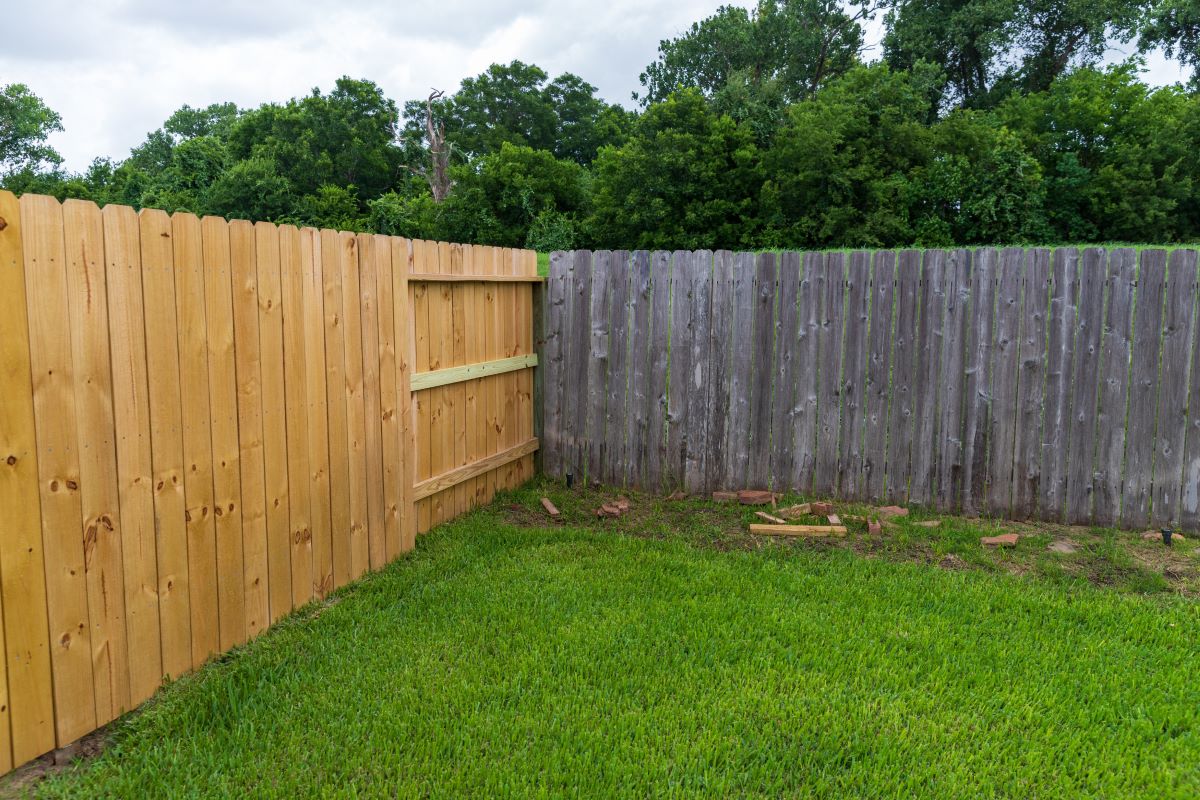
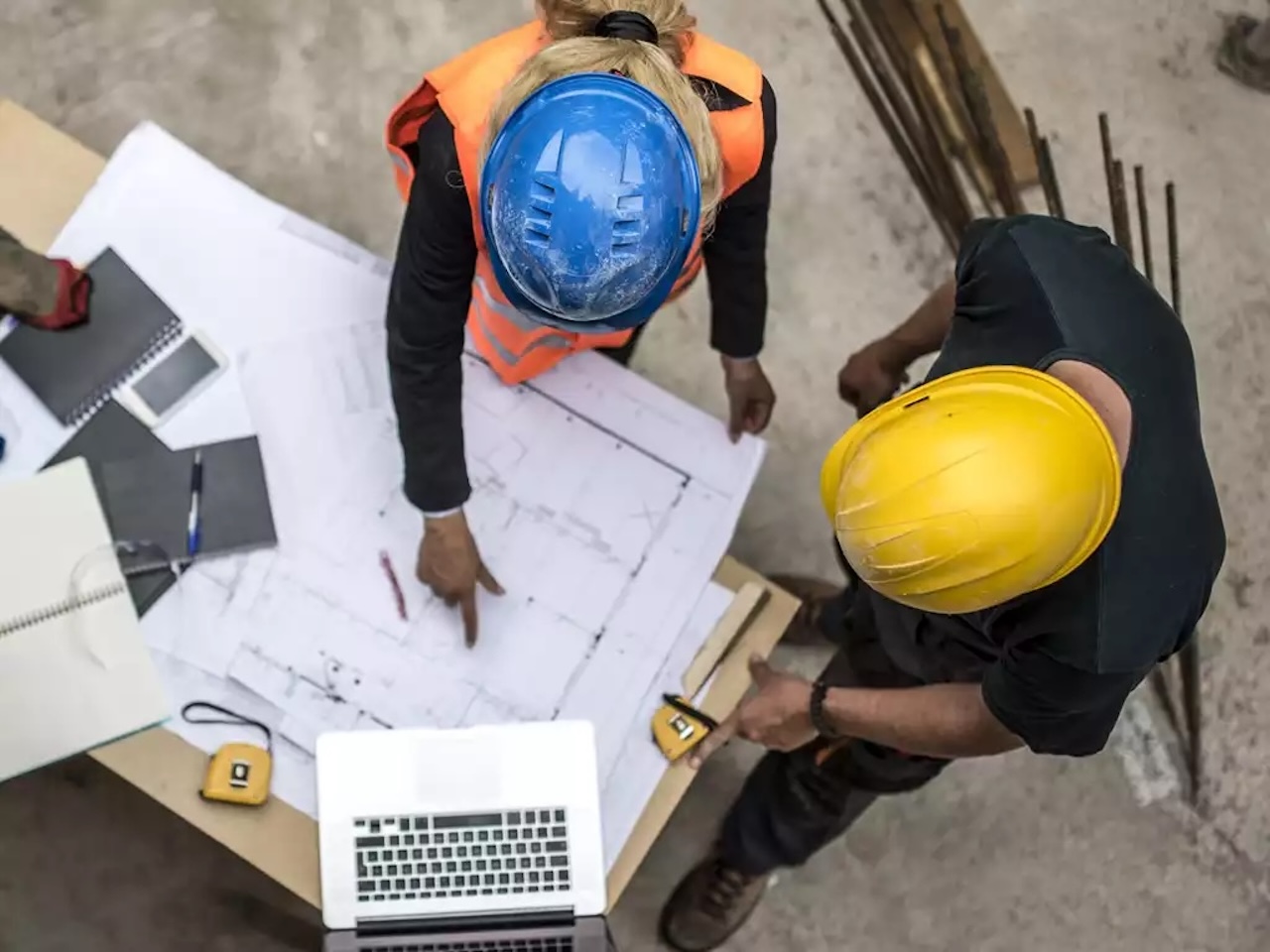
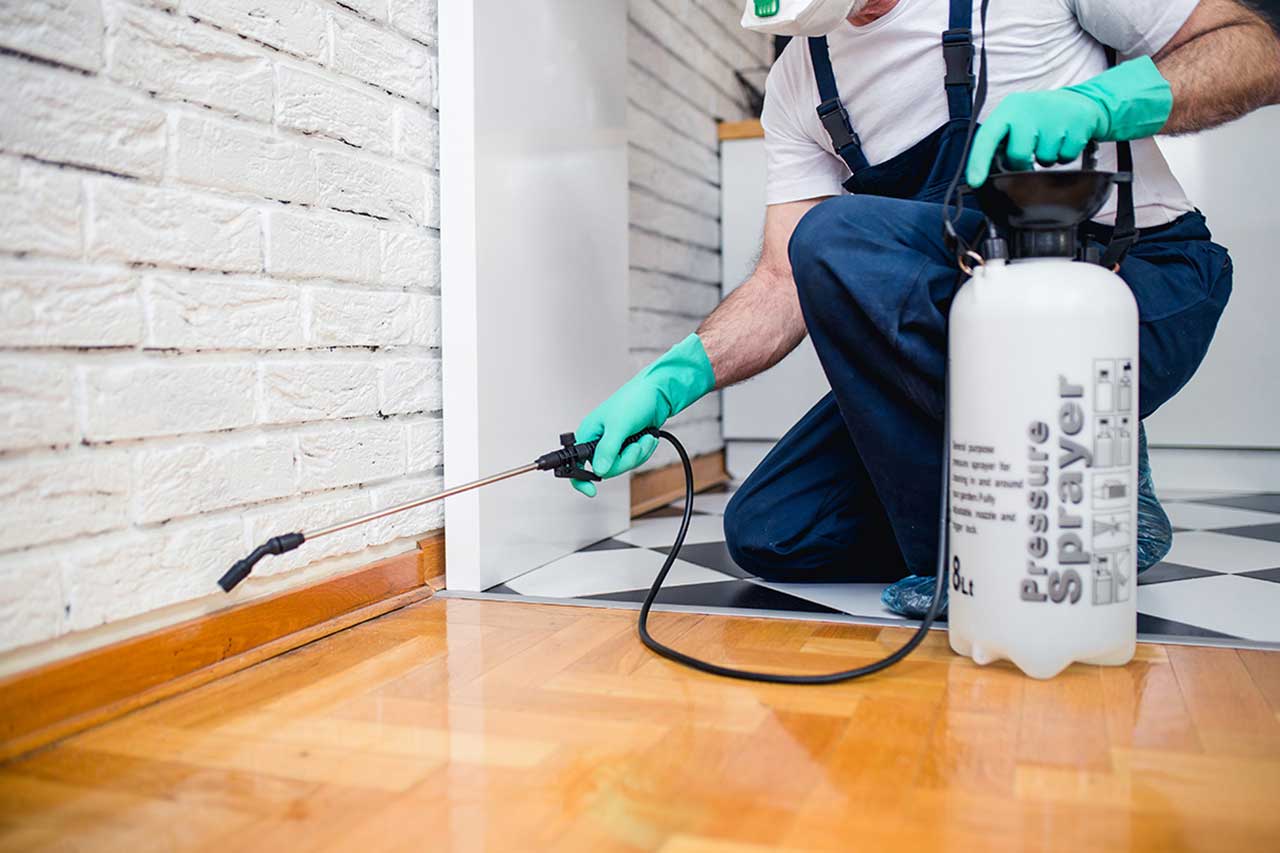
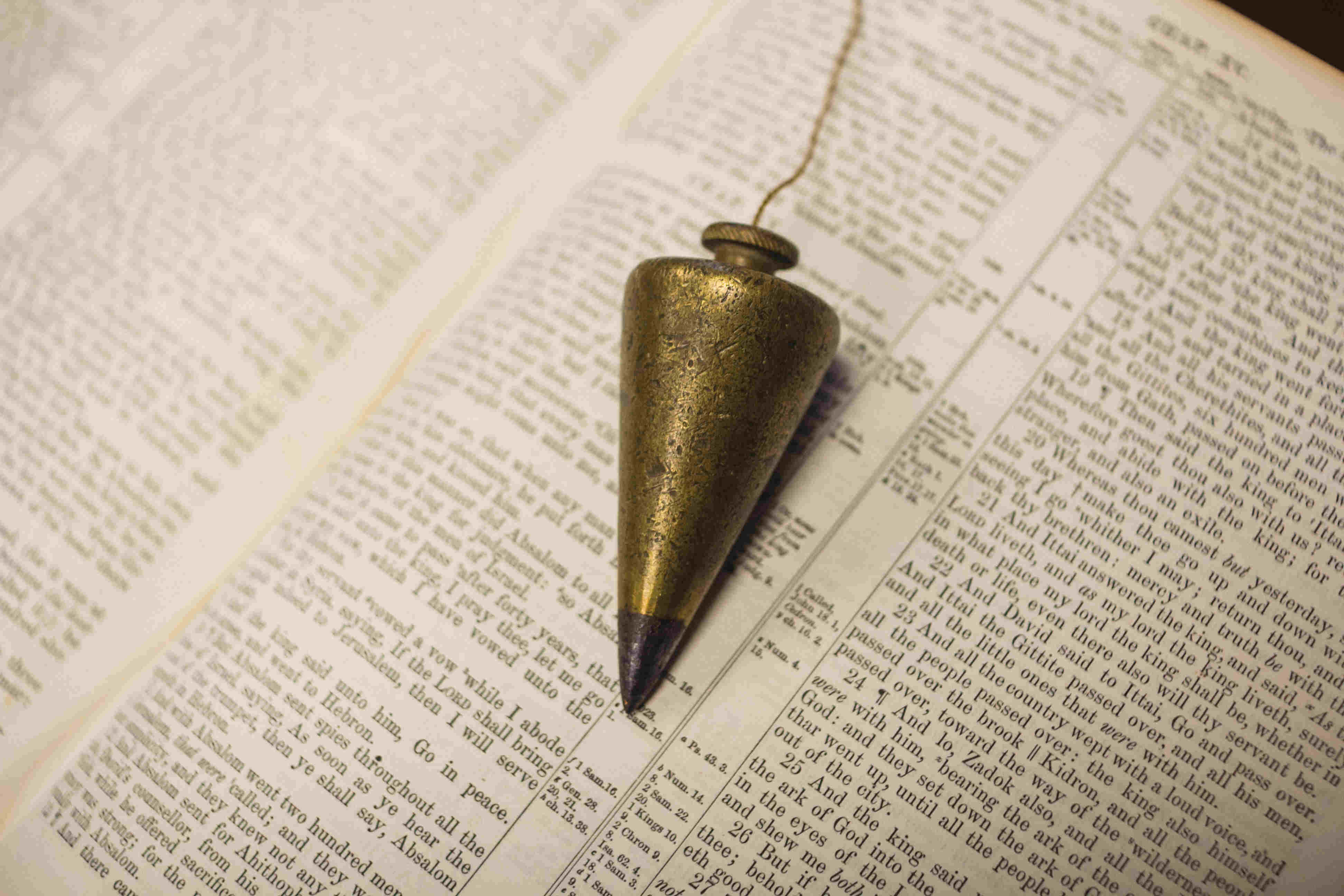
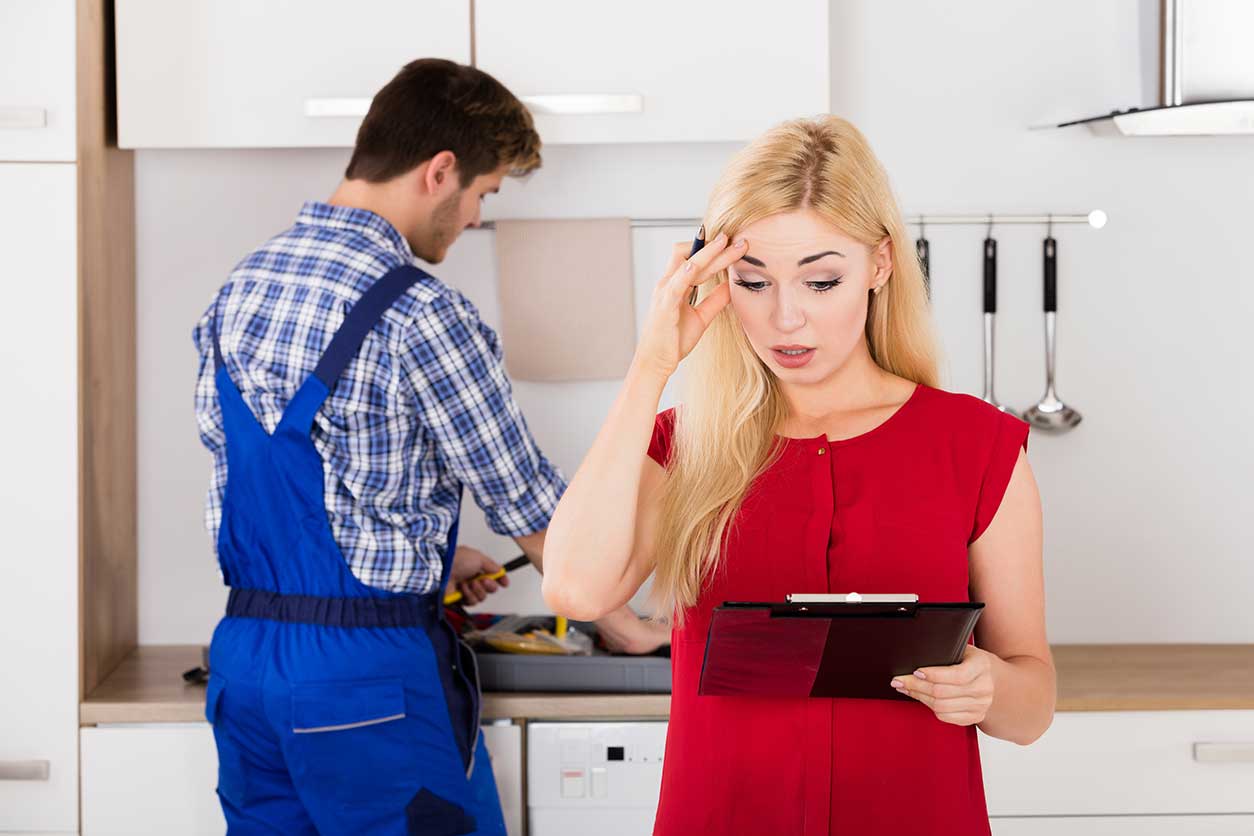

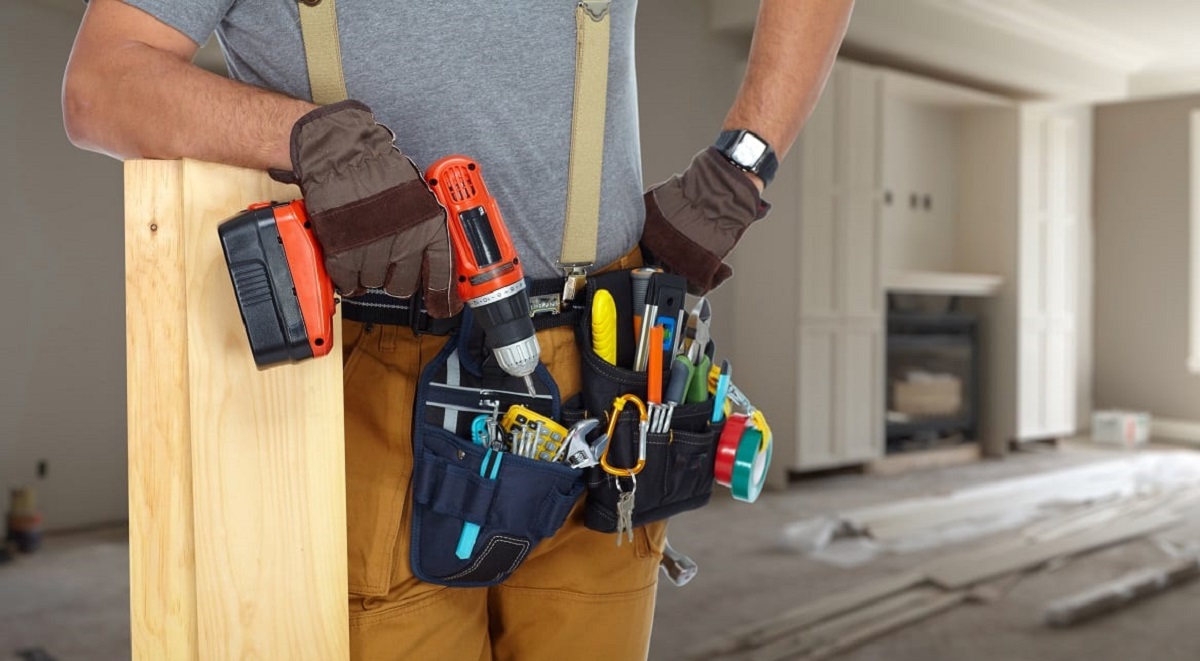
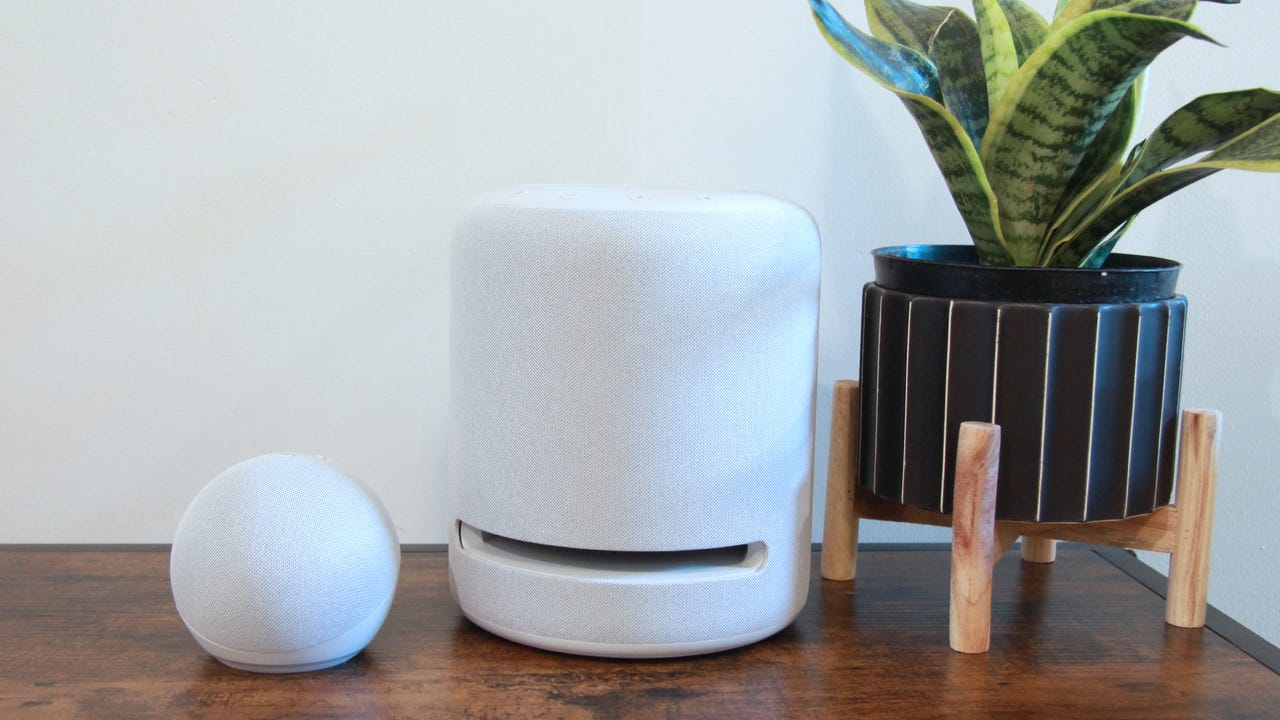
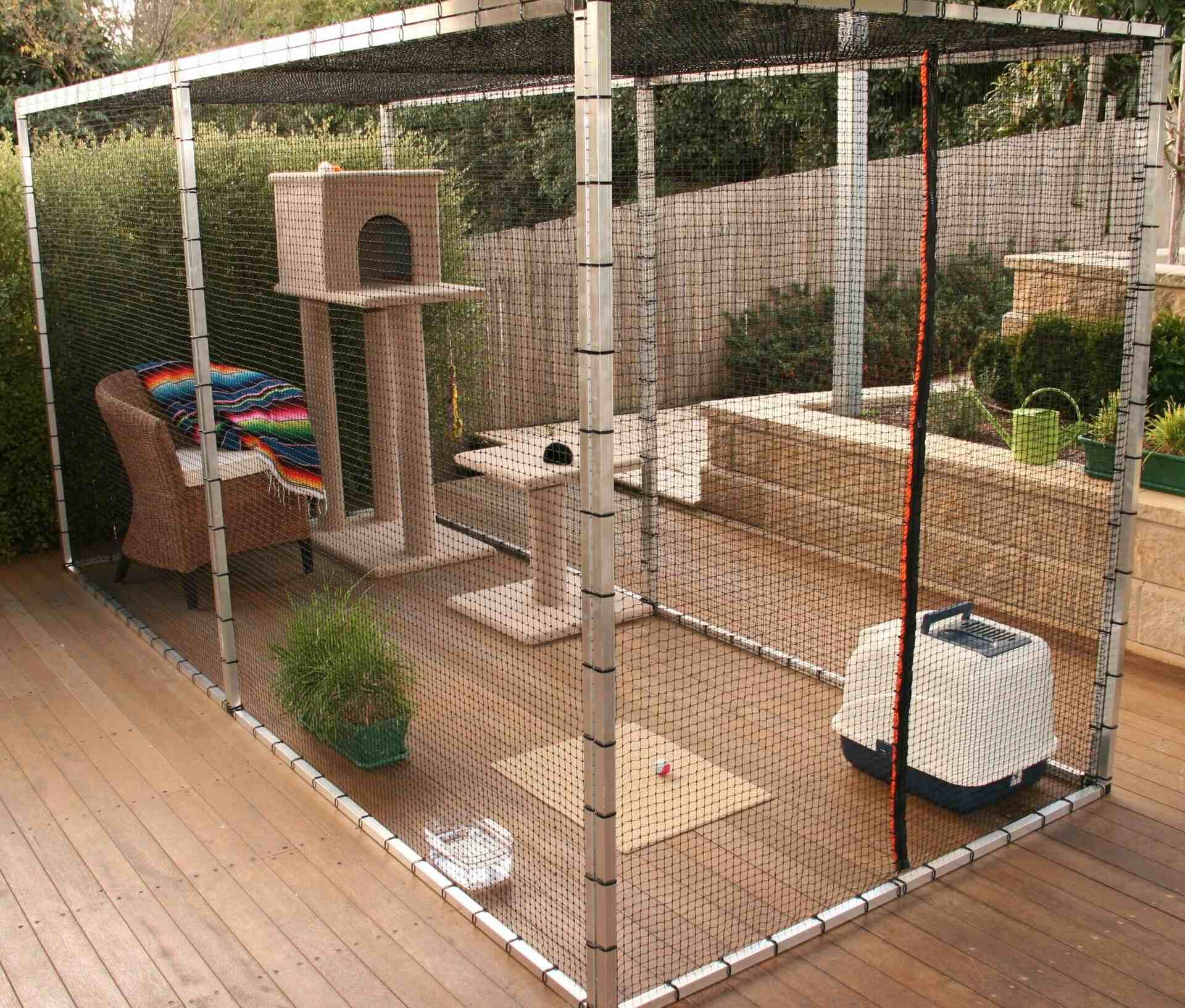
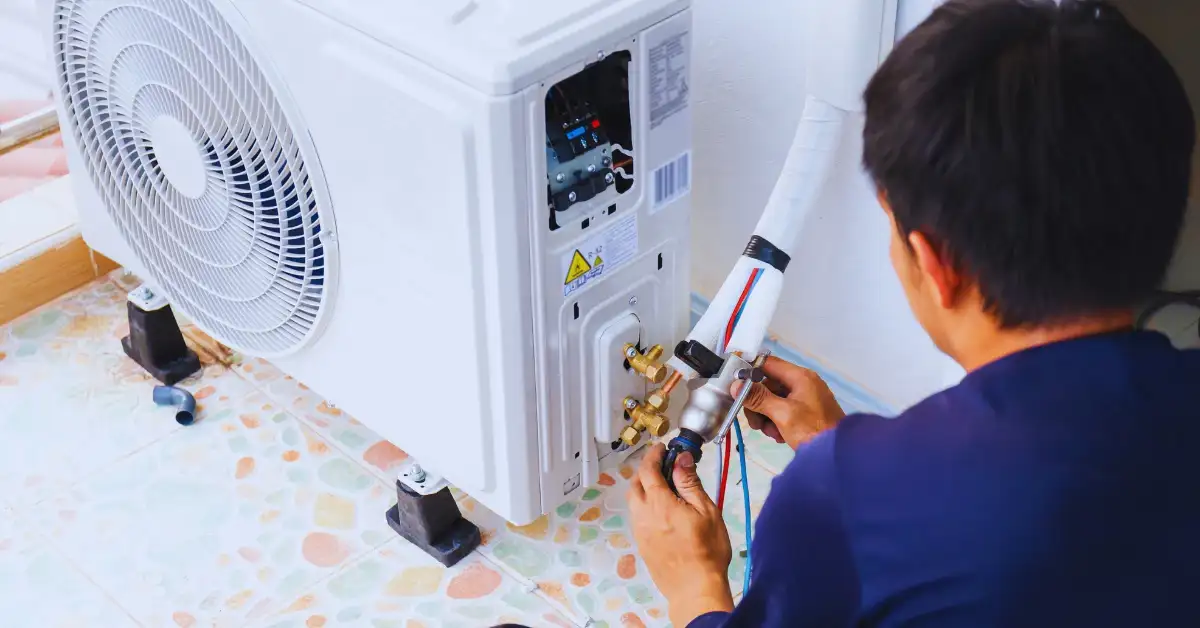
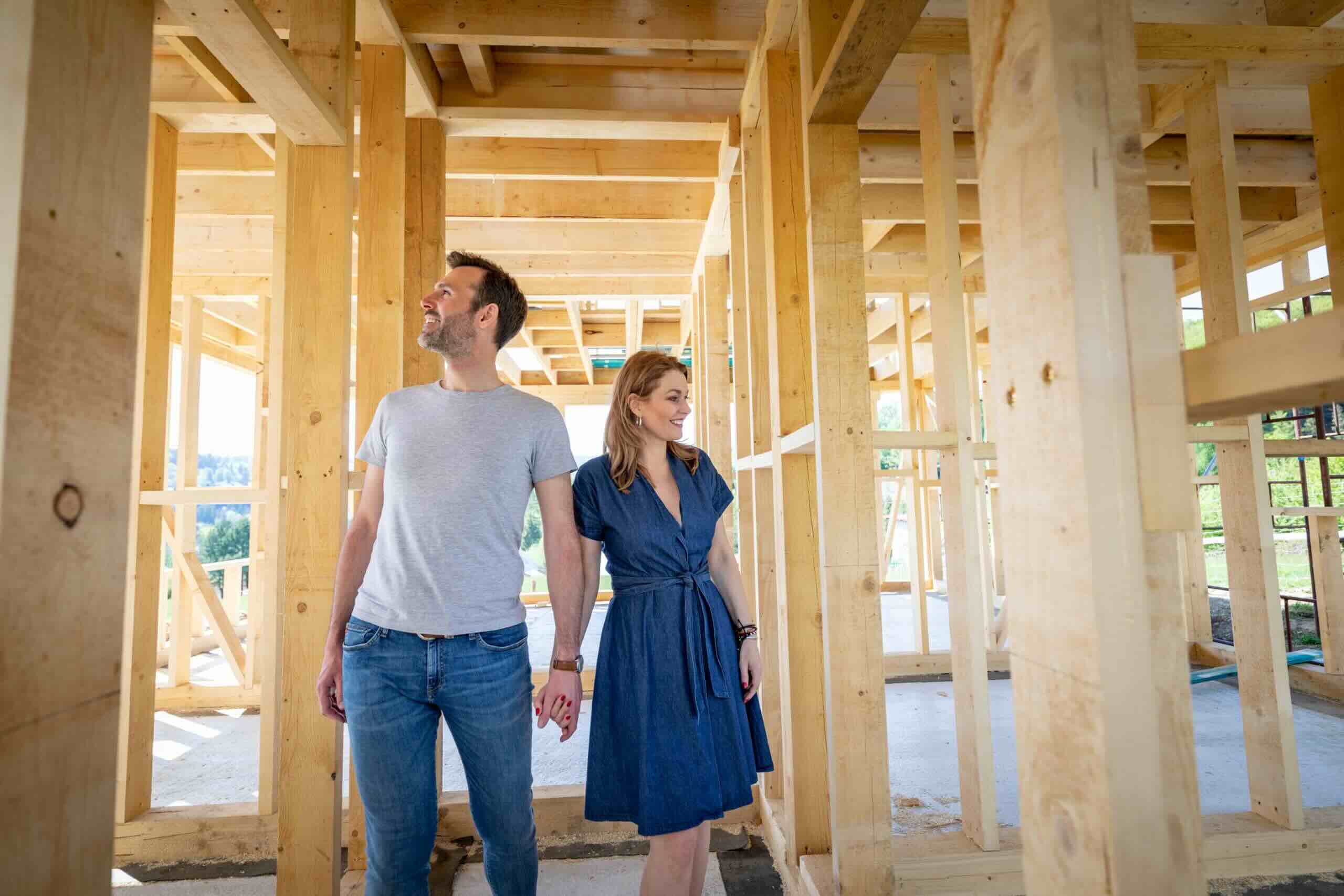
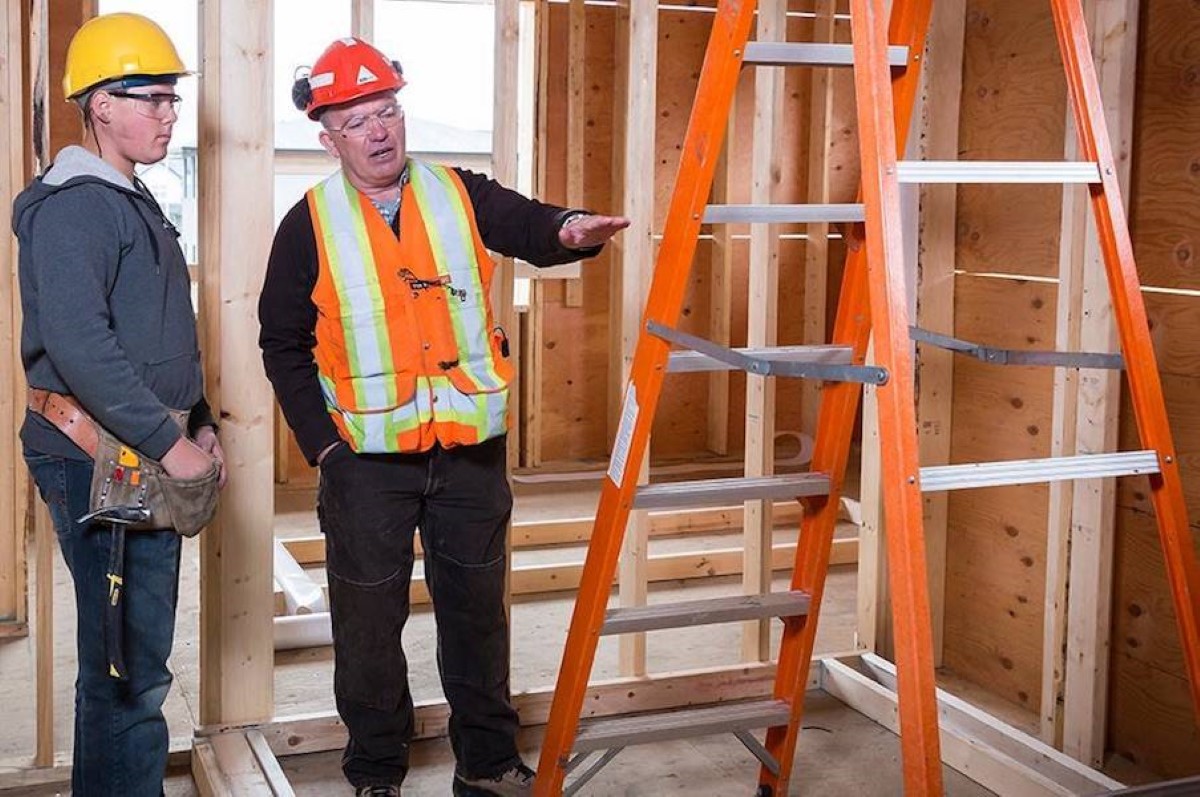
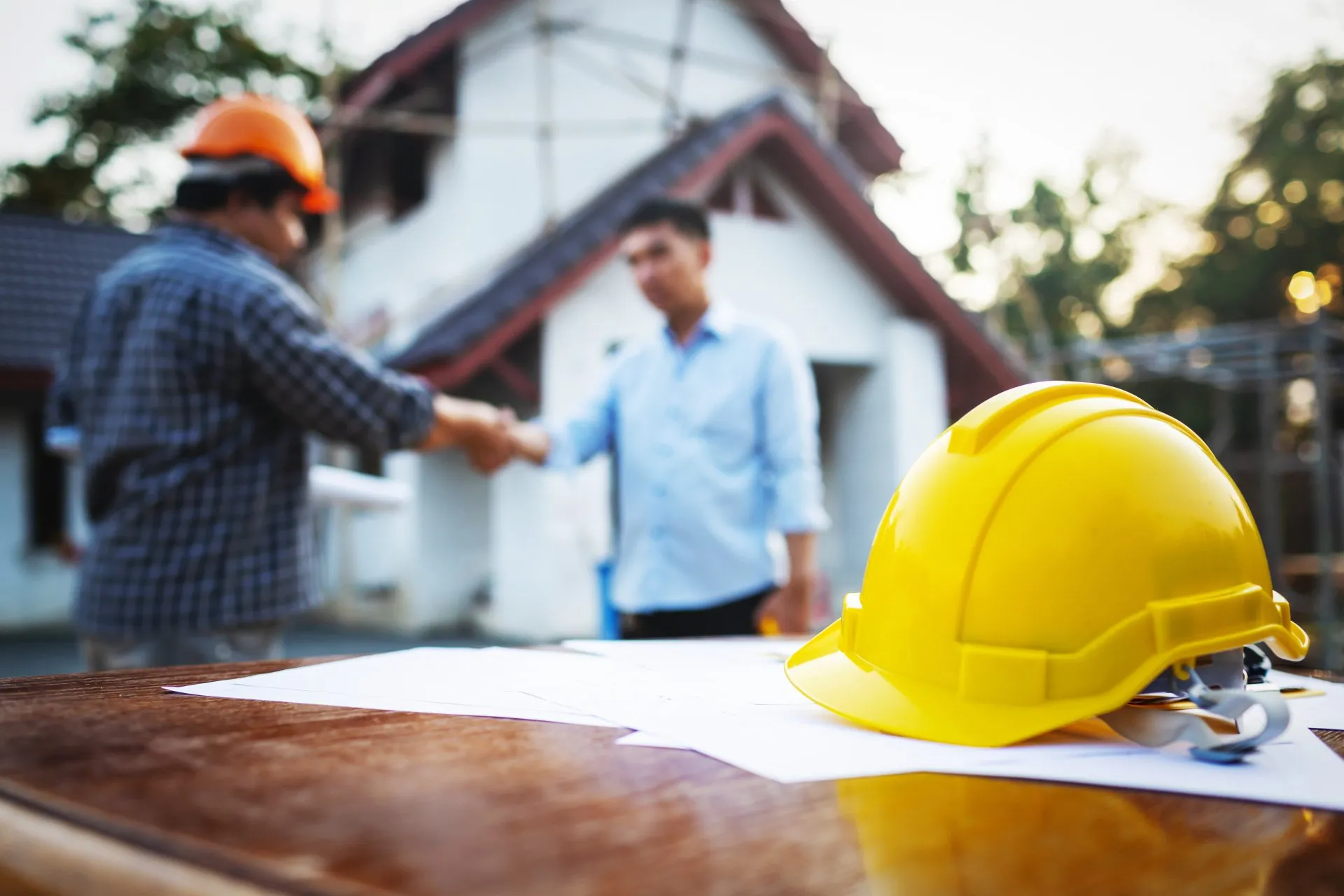

0 thoughts on “Who Is Responsible For Plumbing In A Condo”